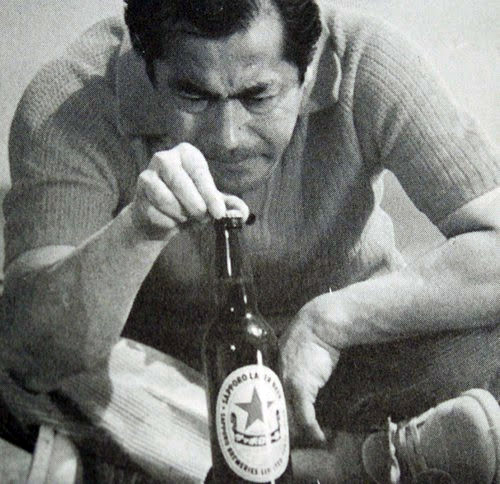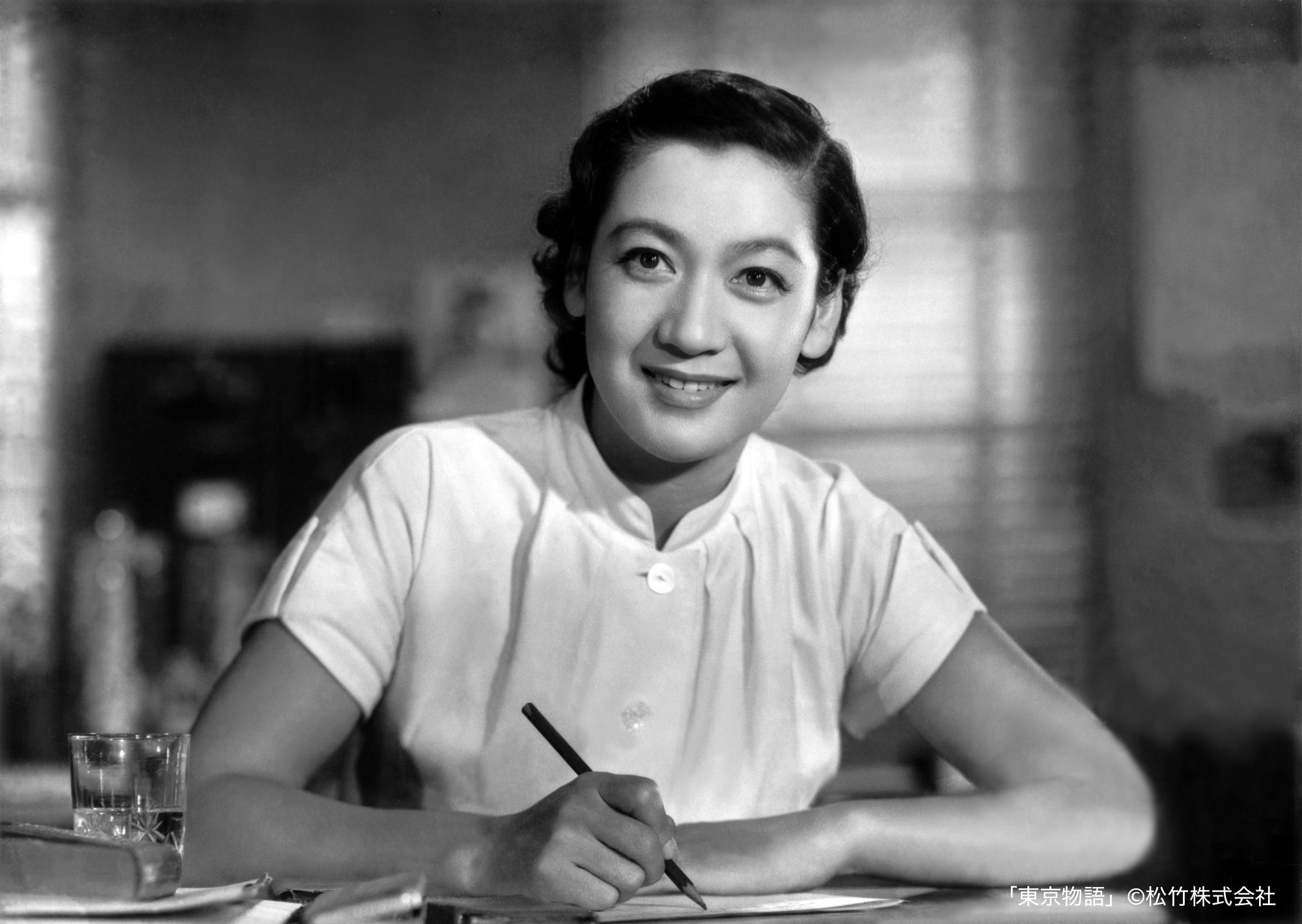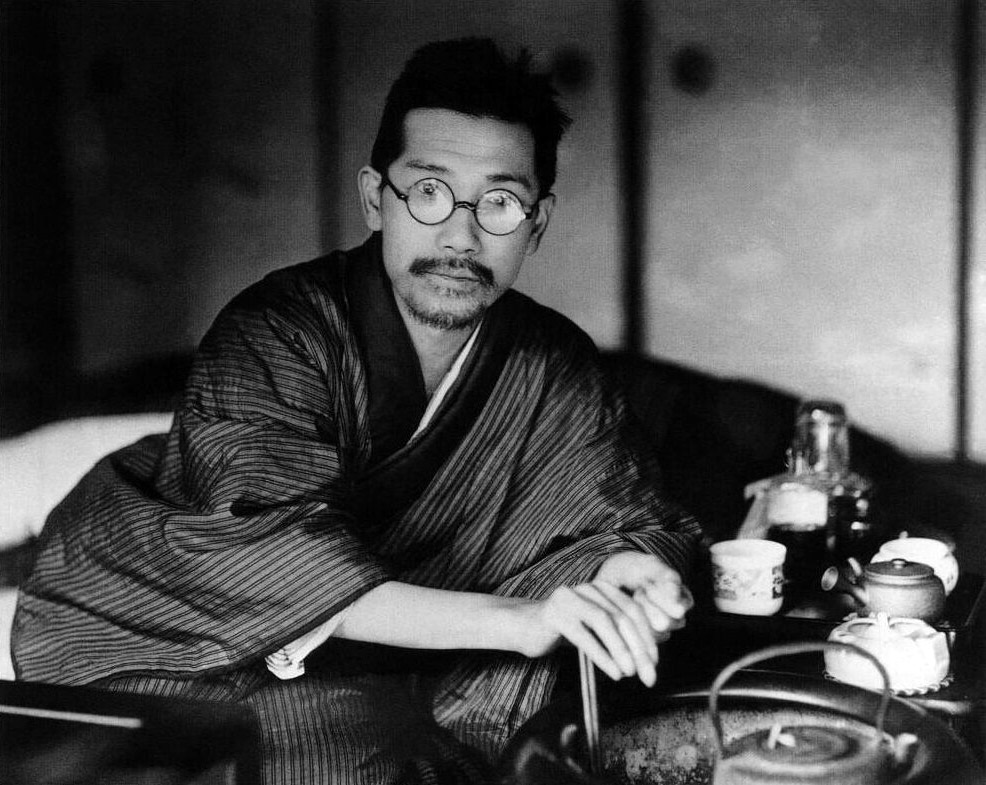One of these days, there could come a day when finally, at long last, I get bored of listening to music. “All right,” I’ll say. “That’s enough music for me.” Having decided I’ve heard all I want to hear, I’ll hang up my music hat. One day, who knows? I might graduate from listening to music.
But that day is not today. And in all likelihood, it’s not tomorrow either.
Here’s some of the better music I’ve found since last time.
Urakami Souki
“Dreaming of Dream Harbour”
2024 | POP
The freshest of these findings. I only just discovered this artist last month.
In a word, I love how beautifully melodious his music is. Just listen to the song—it’s crazy the directions his melody lines go. It’s too early to say for sure, but I think I’m about to become a fan. Can you imagine how cool this song would sound live?
Fun fact: this song features on bass guitar the great Shin Rizumu. He is a fantastic solo artist in his own right.



